20 Unusual Jobs Throughout History You Won’t Believe Existed
Societies change over time, and with them, the roles people hold in the workforce evolve in ways you might never have imagined. Some positions were born out of necessity, while others emerged from cultural or social demands that seem bizarre to us today.
Exploring these forgotten roles can be a fascinating journey into how different eras addressed everyday challenges. It may even make you appreciate your current job a bit more. As you read, think about which of these historical oddities strikes you as the strangest.
Gong Farmer
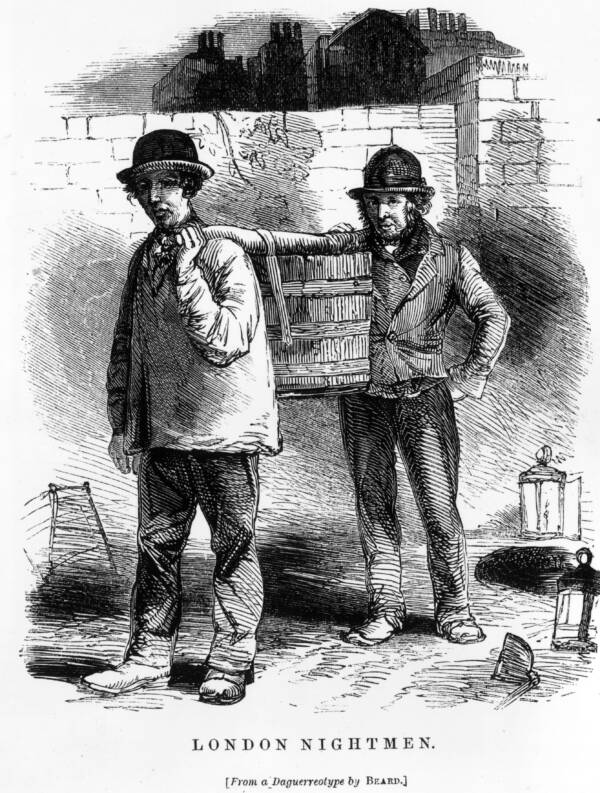
During the Middle Ages in England, cities had to manage waste without the benefit of modern plumbing. A gong farmer was responsible for cleaning out latrines and cesspits, typically working under the cover of darkness to avoid the public’s gaze. They used long-handled shovels and rakes to remove human waste, which was then carted away to be buried or used as fertilizer.
Despite the obvious unpleasantness, gong farmers could earn more than many other laborers because the job was so undesirable.
Knocker-Up
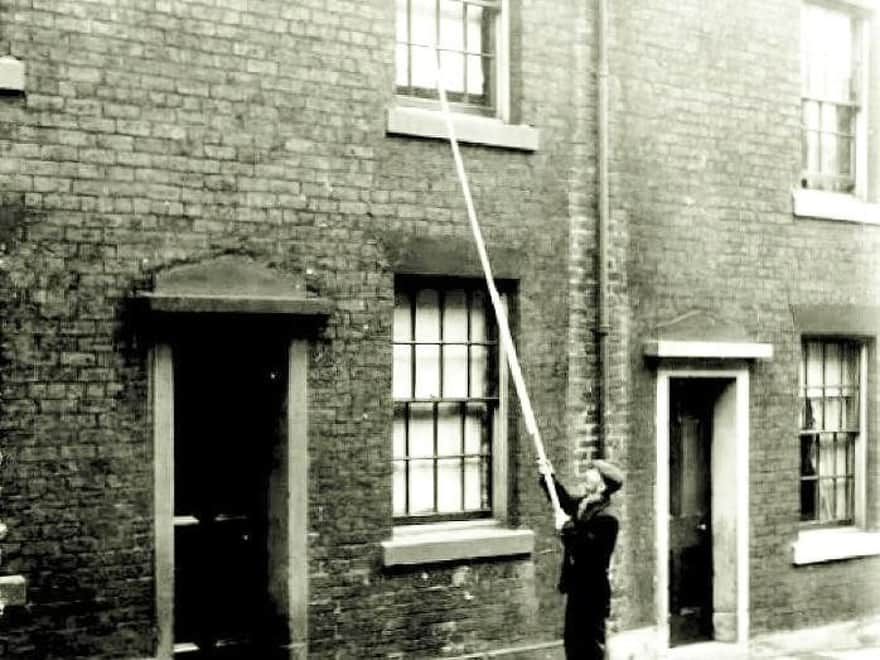
Before alarm clocks were reliable or widely available, industrial towns in Britain had the knocker-up. This person’s job was to wake workers by tapping on their bedroom windows using a long rod or even a pea shooter. Most knocker-ups started their rounds well before dawn, navigating narrow streets in all kinds of weather.
Though it might sound quaint, it was absolutely crucial to keep the factories and mills running on time.
Like Go2Tutors’s content? Follow us on MSN.
Rat Catcher
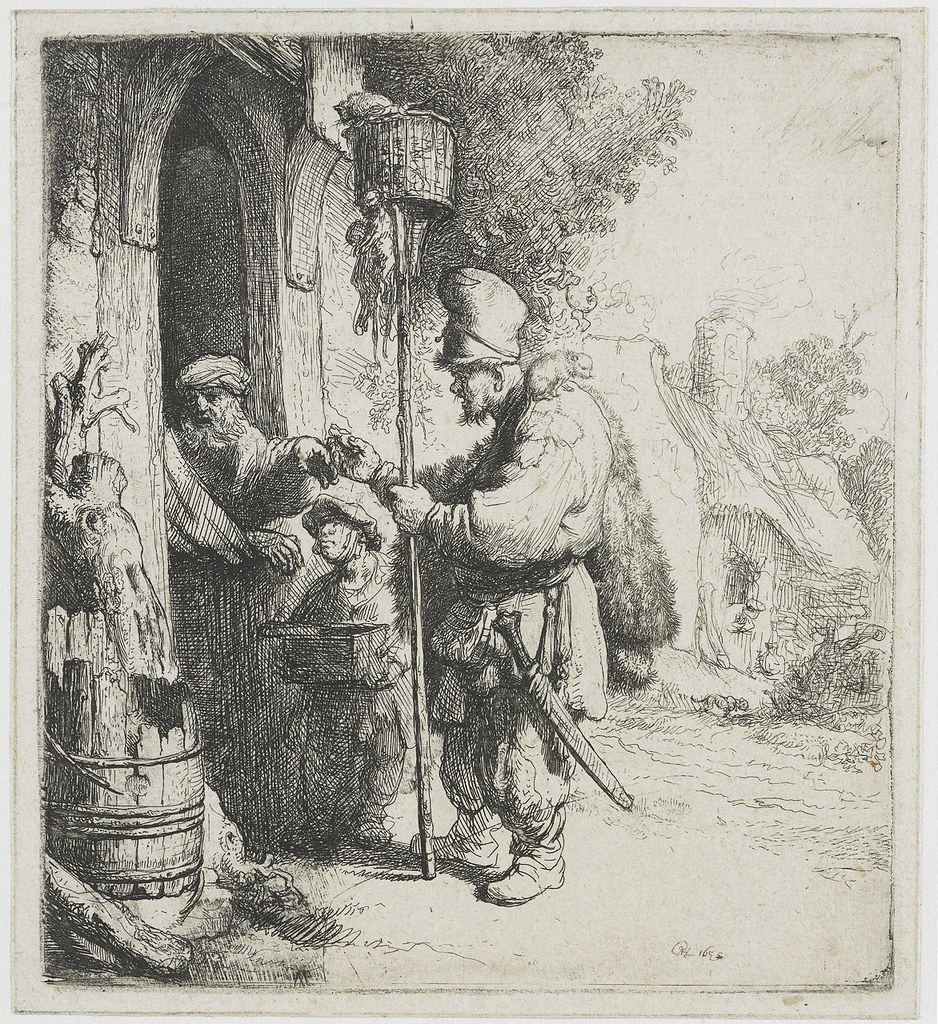
Urban areas across Europe once battled devastating infestations of rats, partly because of poor sanitation and crowded living conditions. Rat catchers were hired to hunt and remove these pests, using traps, poisons, or even specially trained dogs. It was dangerous work—contact with rats often meant exposure to diseases, not to mention the risk of bites and scratches.
Some rat catchers became quite skilled and were seen as local heroes for curbing rodent populations.
Leech Collector
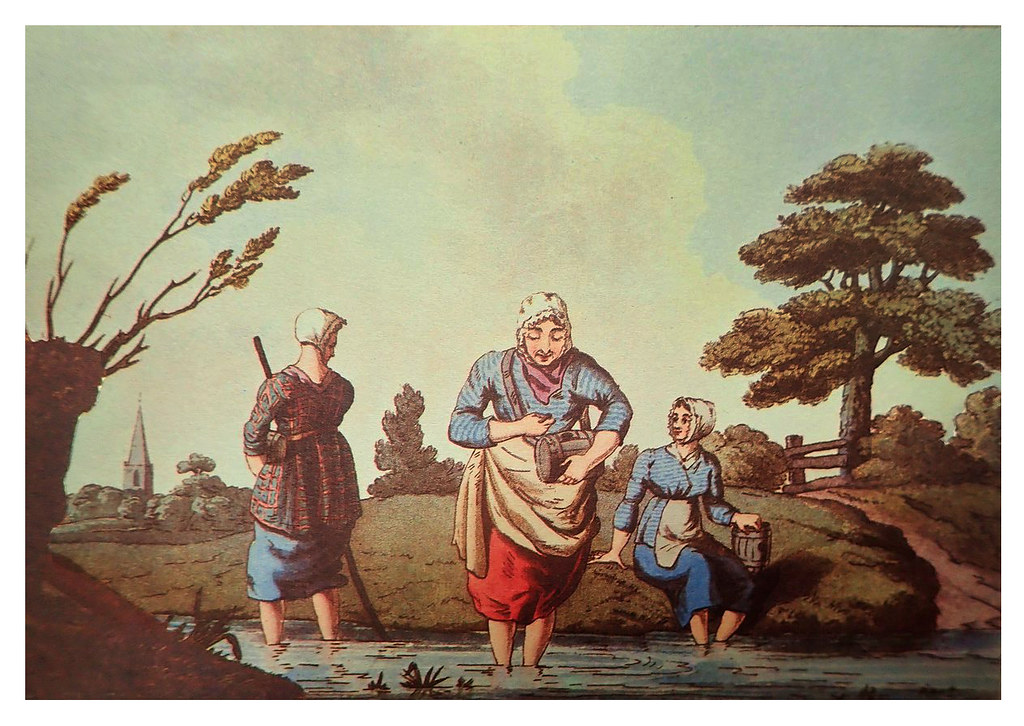
During the 19th century, leeches were believed to have medicinal properties that could cure a variety of ailments by removing “bad blood.” Leech collectors, often women, waded into marshes and ponds to attract leeches to their bare legs. They collected the creatures in containers and sold them to apothecaries and doctors.
The work was both painful and risky, since repeated blood loss and infections were common hazards of the job.
Night Soil Man
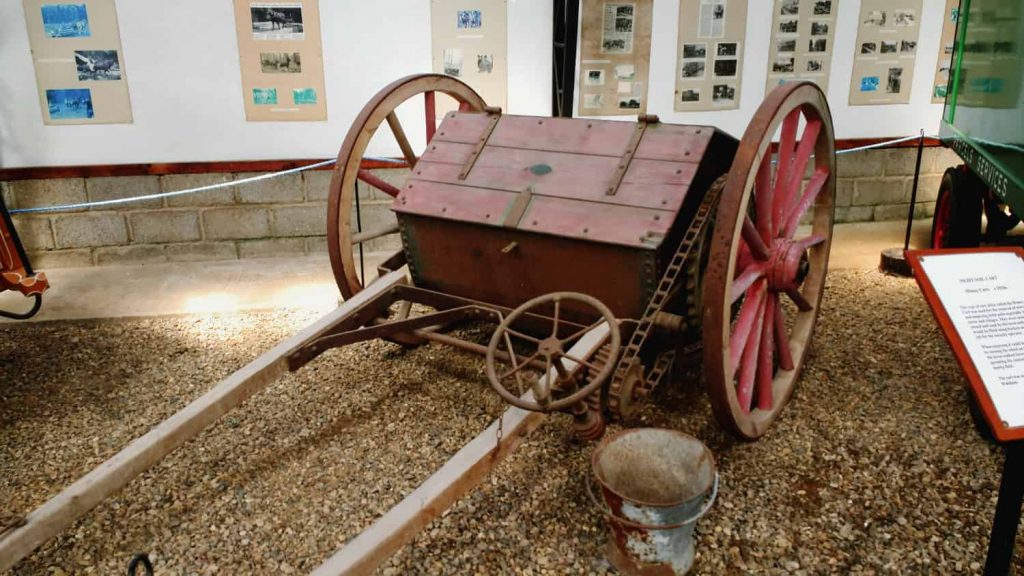
Similar to the gong farmer but common in other parts of the world, the night soil man traveled door to door to remove waste from privies and outhouses. The term “night soil” was a polite way of referring to human excrement. People relied on this service because alternatives like underground sewage systems were still in their infancy or didn’t exist.
Despite the low social status, some night soil men made a stable living and provided a necessary public health service.
Like Go2Tutors’s content? Follow us on MSN.
Whipping Boy
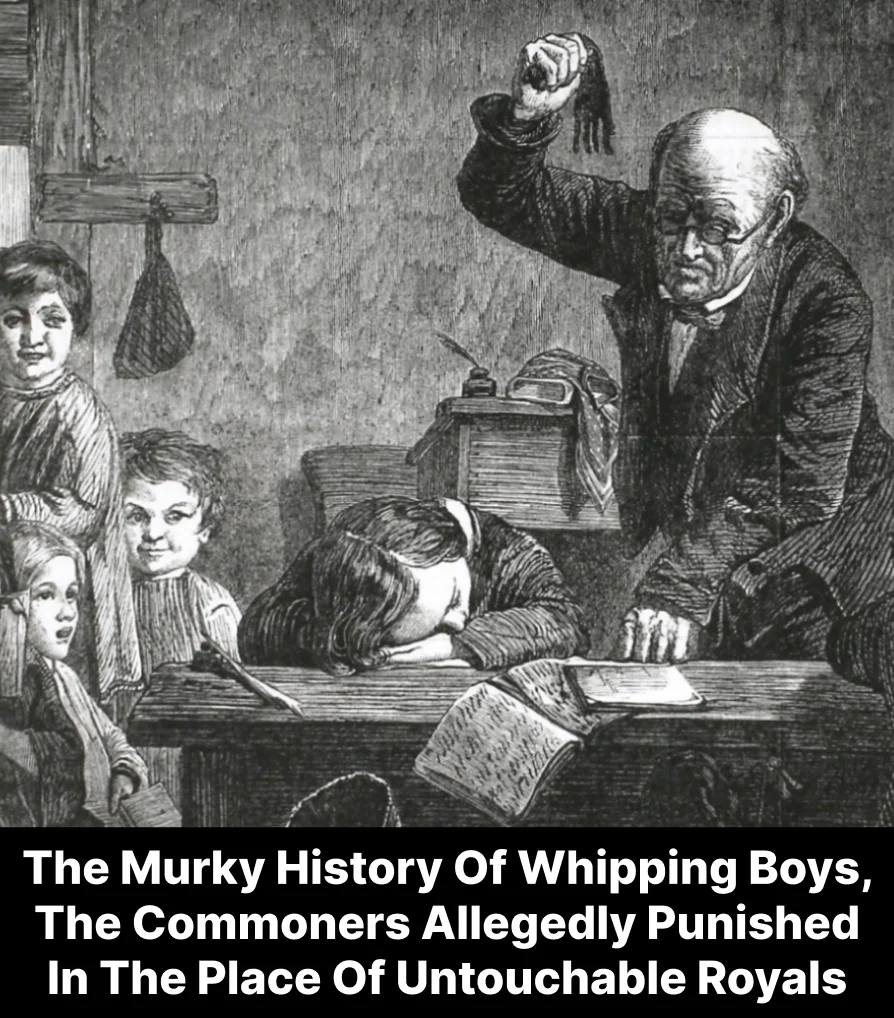
In royal households of Europe, a whipping boy was a child who would be punished whenever a young prince or noble misbehaved. Corporal punishment of the prince was often discouraged, so the whipping boy stood in for him, hoping that seeing a friend in pain would motivate the prince to behave better.
It was a curious mix of companionship and discipline, reflecting the stark inequalities of feudal societies. The position vanished as attitudes toward child-rearing and human rights evolved.
Resurrectionist
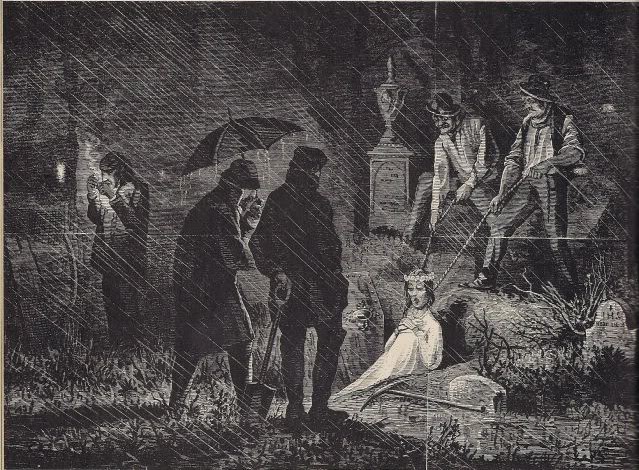
In 18th and 19th century Britain and America, medical schools needed cadavers for anatomical study, but legal supplies were limited. Resurrectionists, also known as body snatchers, dug up recently buried corpses to sell them to surgeons and anatomy professors. They operated under the cover of night, and their activities prompted widespread fear and outrage.
Eventually, laws were changed to allow for legal means of obtaining bodies for medical research, making resurrectionists unnecessary.
Tosher
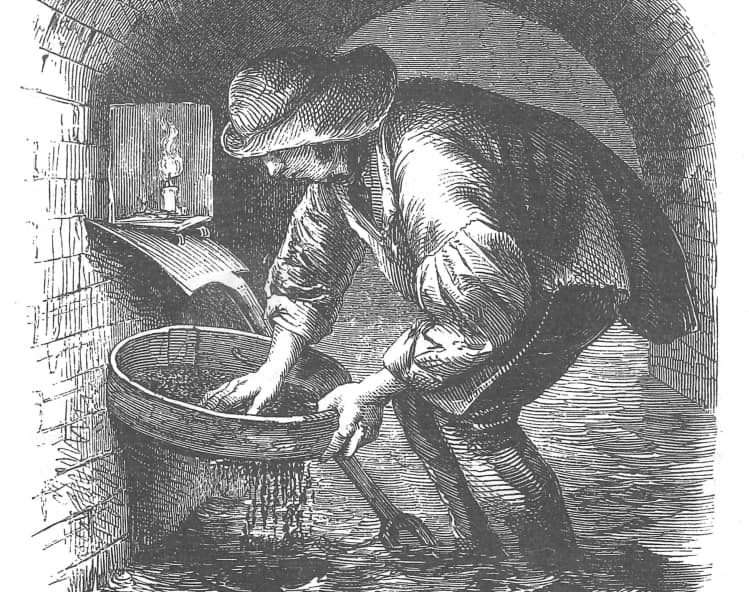
Toshers scavenged the sewers of Victorian London in search of valuable items that had been accidentally dropped or washed down household drains. They navigated dark tunnels with lanterns and sometimes risked their lives dealing with rising tidewaters or poisonous gases. Toshers might find coins, jewelry, or scrap metal that they could sell to local pawnshops or metal dealers.
Although it was grim and hazardous work, a skilled tosher could occasionally strike it lucky.
Like Go2Tutors’s content? Follow us on MSN.
Sin Eater
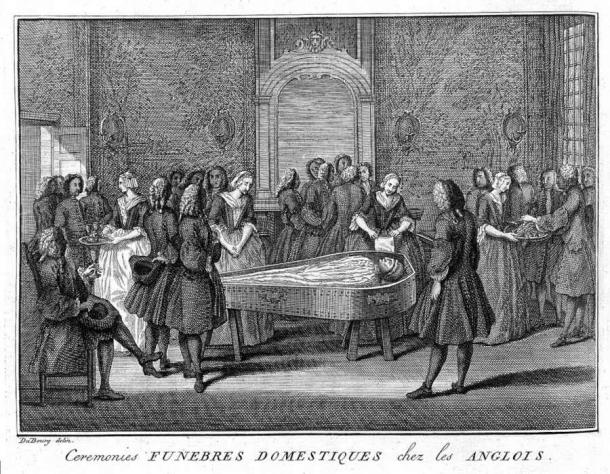
In certain parts of Britain and elsewhere, it was believed that sins could be transferred from a deceased person to another individual through a special ritual. The sin eater’s role was to consume bread or a meal placed on the chest of the corpse, thus absorbing their sins. This practice was meant to free the deceased from eternal punishment.
Sin eaters were often ostracized, as many communities looked upon them with both suspicion and fear.
Necessary Women
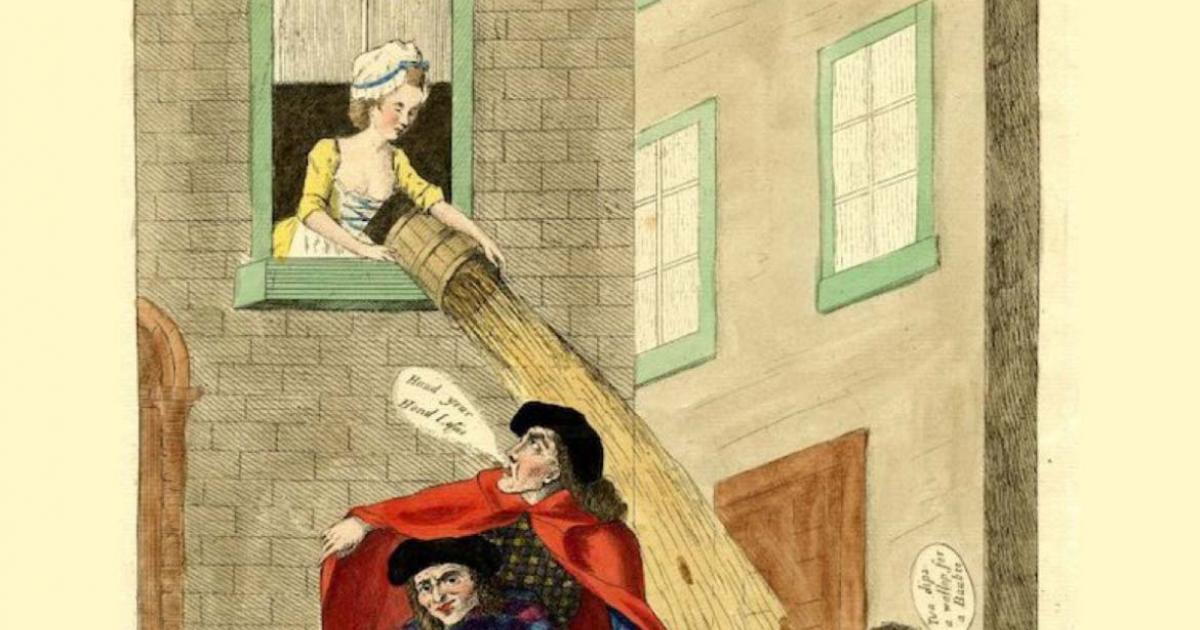
During the 17th and 18th centuries, aristocratic ladies in Europe often needed help with personal grooming and hygiene. Necessary women were employed to handle and dispose of chamber pots, especially in court settings where privacy was limited. Their work also included arranging basic toiletries and ensuring the lady’s comfort throughout the day.
Though it may sound close to the role of a maid, the job was far more specialized and sometimes came with better pay.
Witch Finder
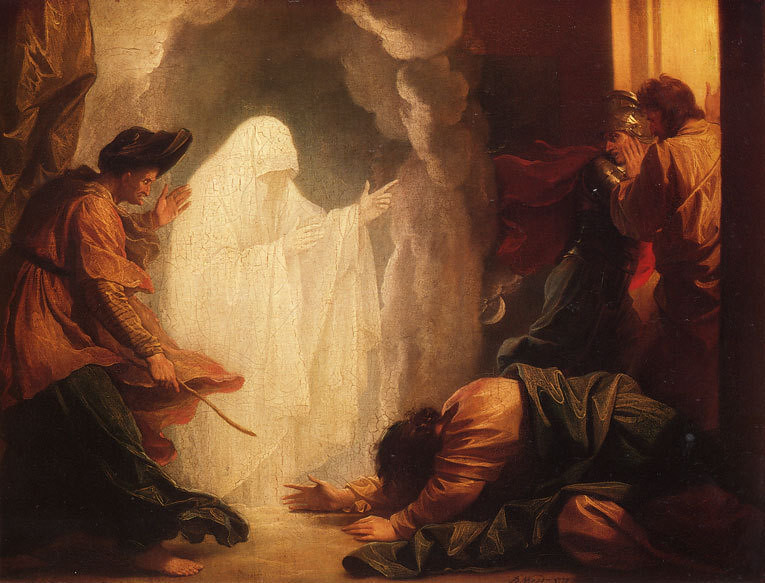
In early modern Europe and colonial America, fear of witchcraft led to witch trials and hunts. The witch finder was tasked with investigating accusations, often using questionable methods such as “swimming” suspects or looking for witch’s marks. In some cases, they were paid for each conviction, which led to rampant abuse of power.
Like Go2Tutors’s content? Follow us on MSN.
Mudlark
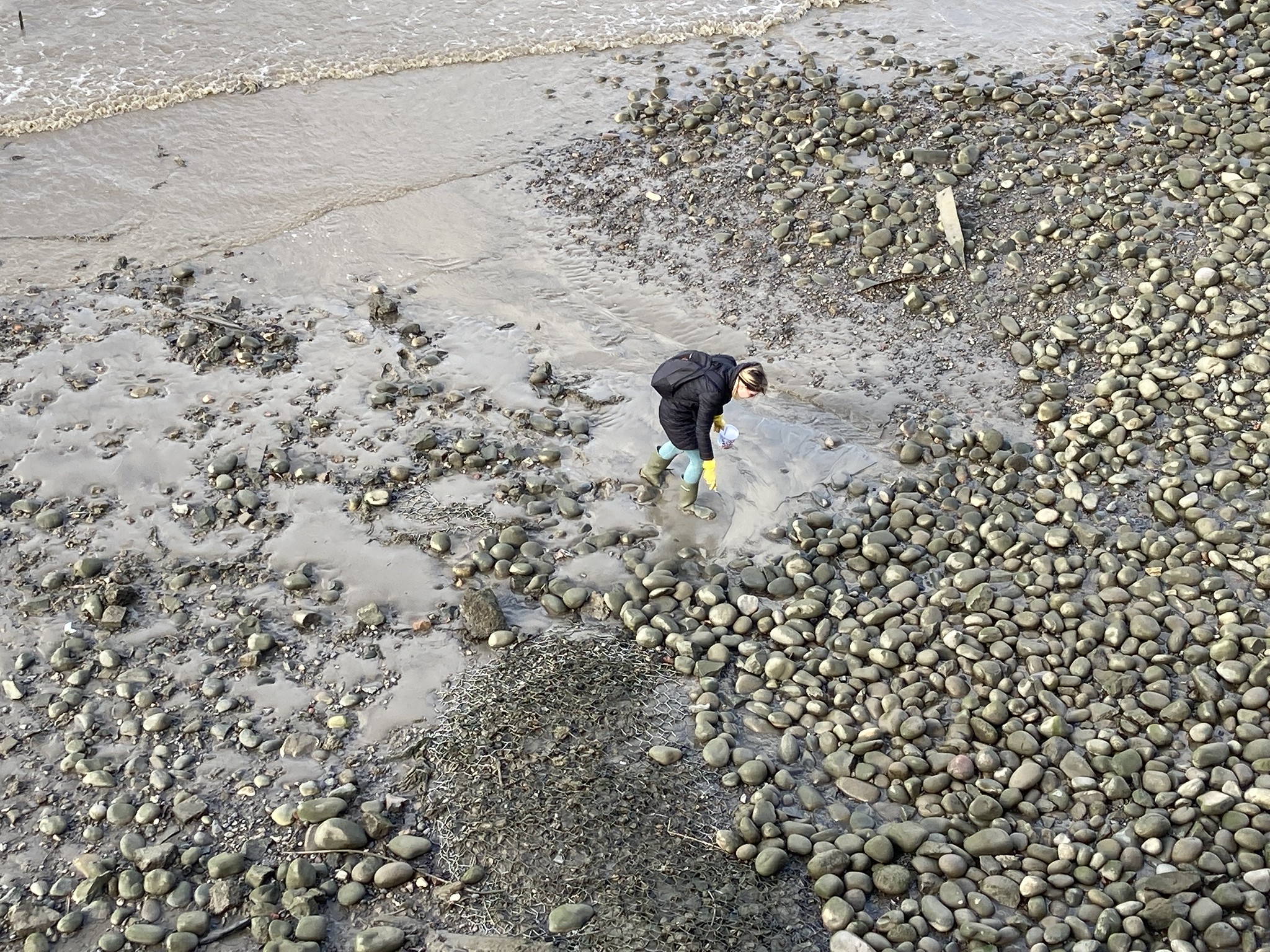
Similar to toshers but working above ground, mudlarks searched riverbanks (especially the Thames in London) at low tide for anything of value. They sifted through mud to retrieve coins, scrap metal, and lost trinkets that washed ashore.
Though the daily haul might be small, resourceful mudlarks could string together a living from their finds. Today, some people still mudlark as a hobby, even though it’s no longer a recognized profession.
Scribe-Lawyer
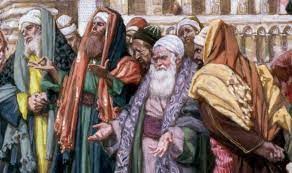
Before widespread literacy, a scribe-lawyer played a critical role in legal proceedings by writing petitions, contracts, and court documents on behalf of those unable to read or write. Scribes offered their services in public markets or near government offices and were trusted to accurately record information.
They sometimes served as advisors, given their familiarity with legal language. While the skill of writing remains essential, it no longer stands as a distinct occupation in most places.
Mourner for Hire
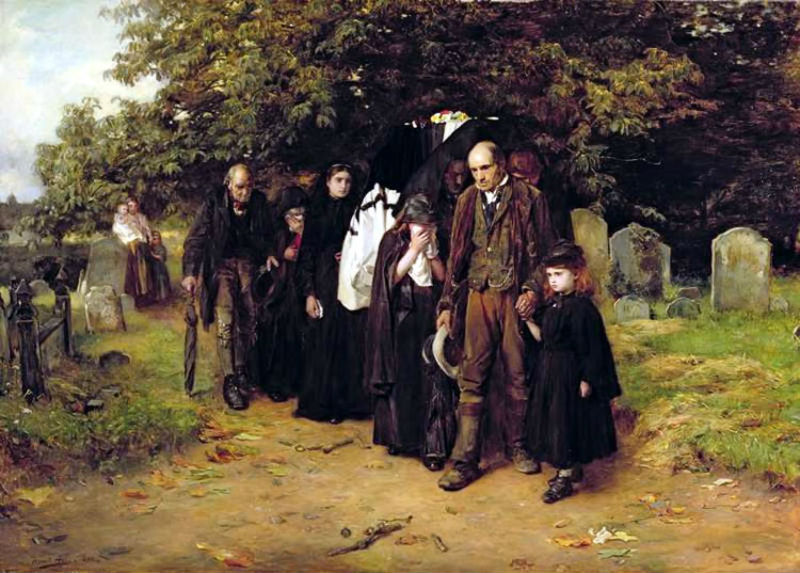
Some cultures valued public displays of grief during funerals, so professional mourners were employed to wail and lament the deceased. These mourners made the occasion appear more significant and respectable by showcasing the depth of sorrow.
Their dramatic performances would often include crying, chanting, and sometimes tearing their clothes. As funeral customs evolved, this practice became rare, but hints of it still appear in certain regions of the world today.
Like Go2Tutors’s content? Follow us on MSN.
Eunuch
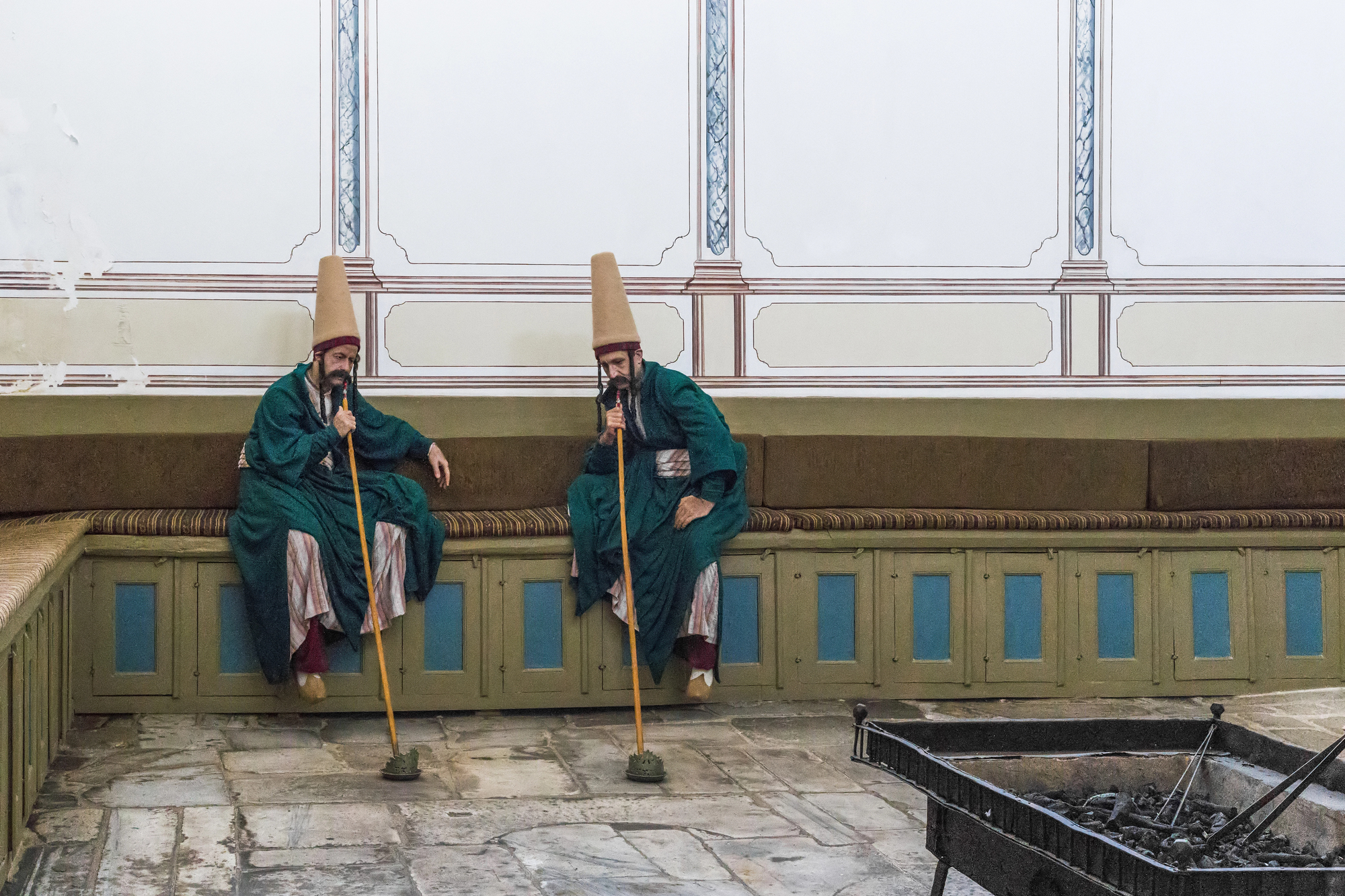
In ancient courts from the Middle East to Asia, eunuchs were employed to guard harems, advise rulers, or hold important administrative positions. Because they couldn’t have heirs, they were considered loyal and less threatening to the line of succession.
Many eunuchs gained significant political power, influencing court life and even royal decisions. The role largely disappeared as societies changed their views on governance, personal rights, and hereditary power.
Lamplighter
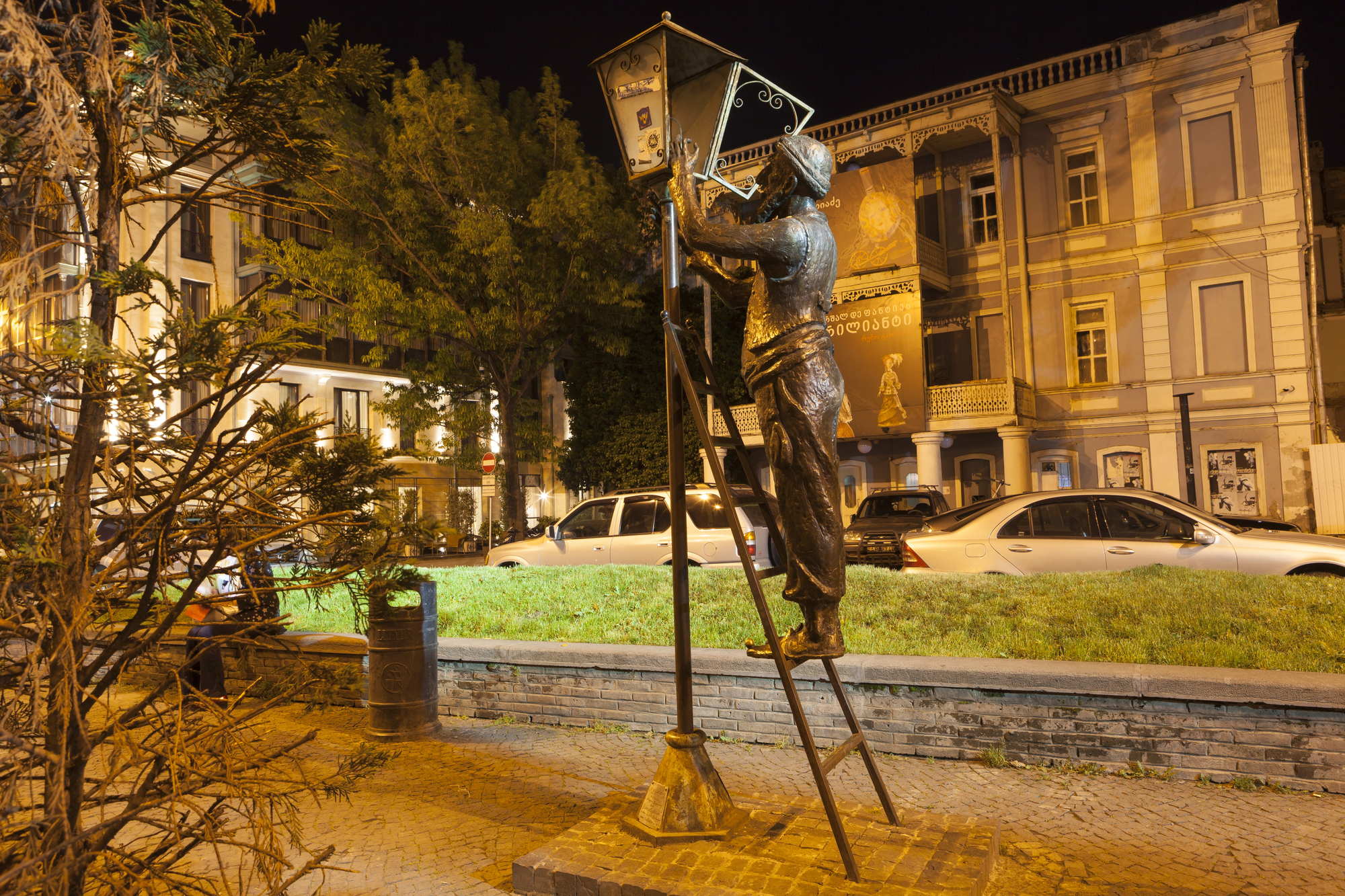
Before the advent of electric streetlights, someone had to manually light gas lamps each evening and snuff them out at dawn. Lamplighters carried a long pole with a wick at the end, moving briskly through town to ensure streets were illuminated for pedestrians.
The job required good timekeeping and agility, as missing a lamp could leave an entire street in darkness. Electric lighting eventually replaced the need for lamplighters, transforming city nights forever.
Town Crier
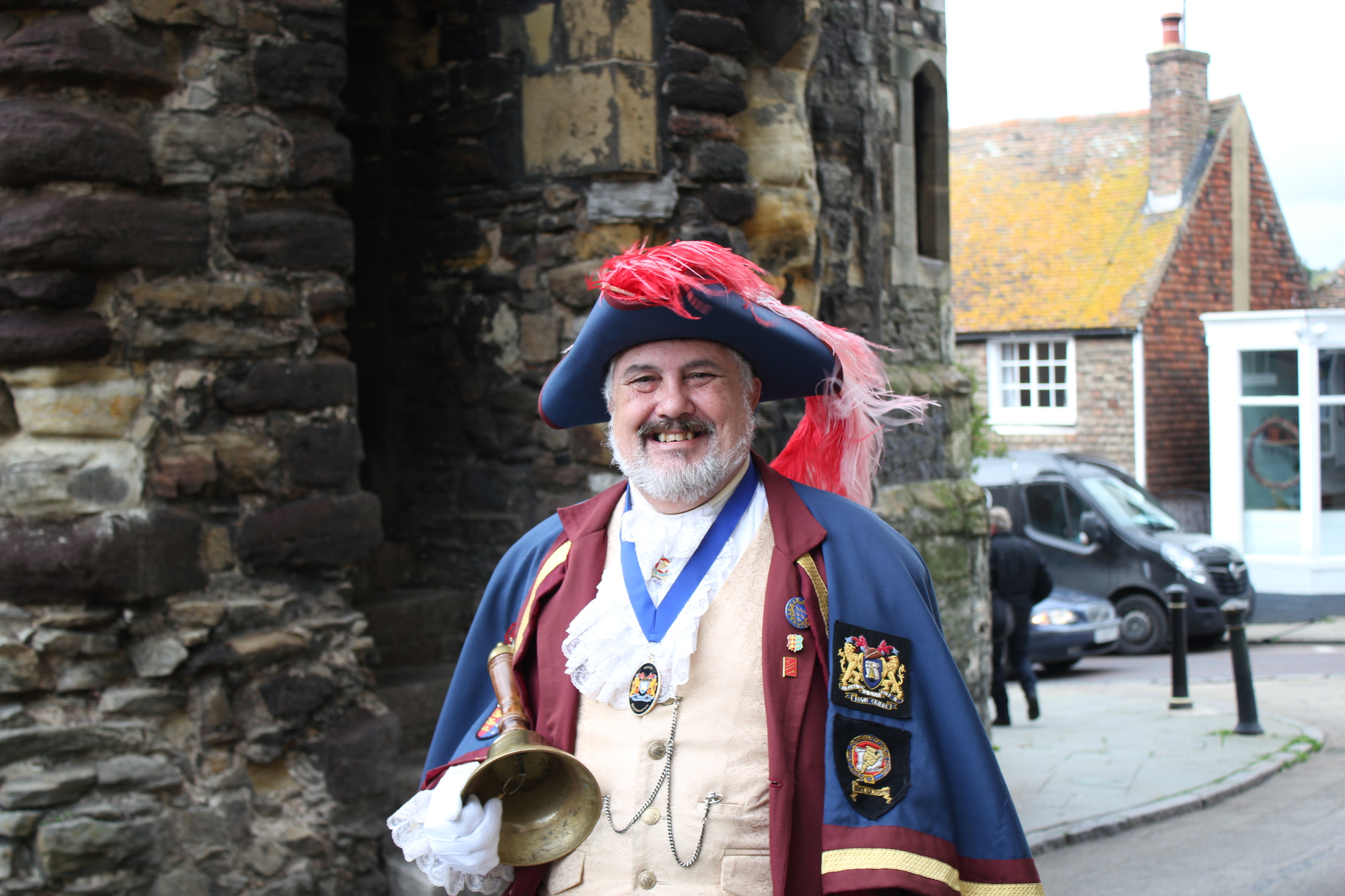
Long before newspapers, radios, or the internet, the town crier announced official proclamations, local news, and important events to the public. Equipped with a bell or drum, they strolled through streets, calling people’s attention with a loud “Oyez!” to deliver messages.
Town criers had to be clear, authoritative, and sometimes entertaining to keep listeners engaged. Though their role has mostly faded, occasional ceremonial town criers still exist today to keep the tradition alive.
Like Go2Tutors’s content? Follow us on MSN.
Plague Doctor
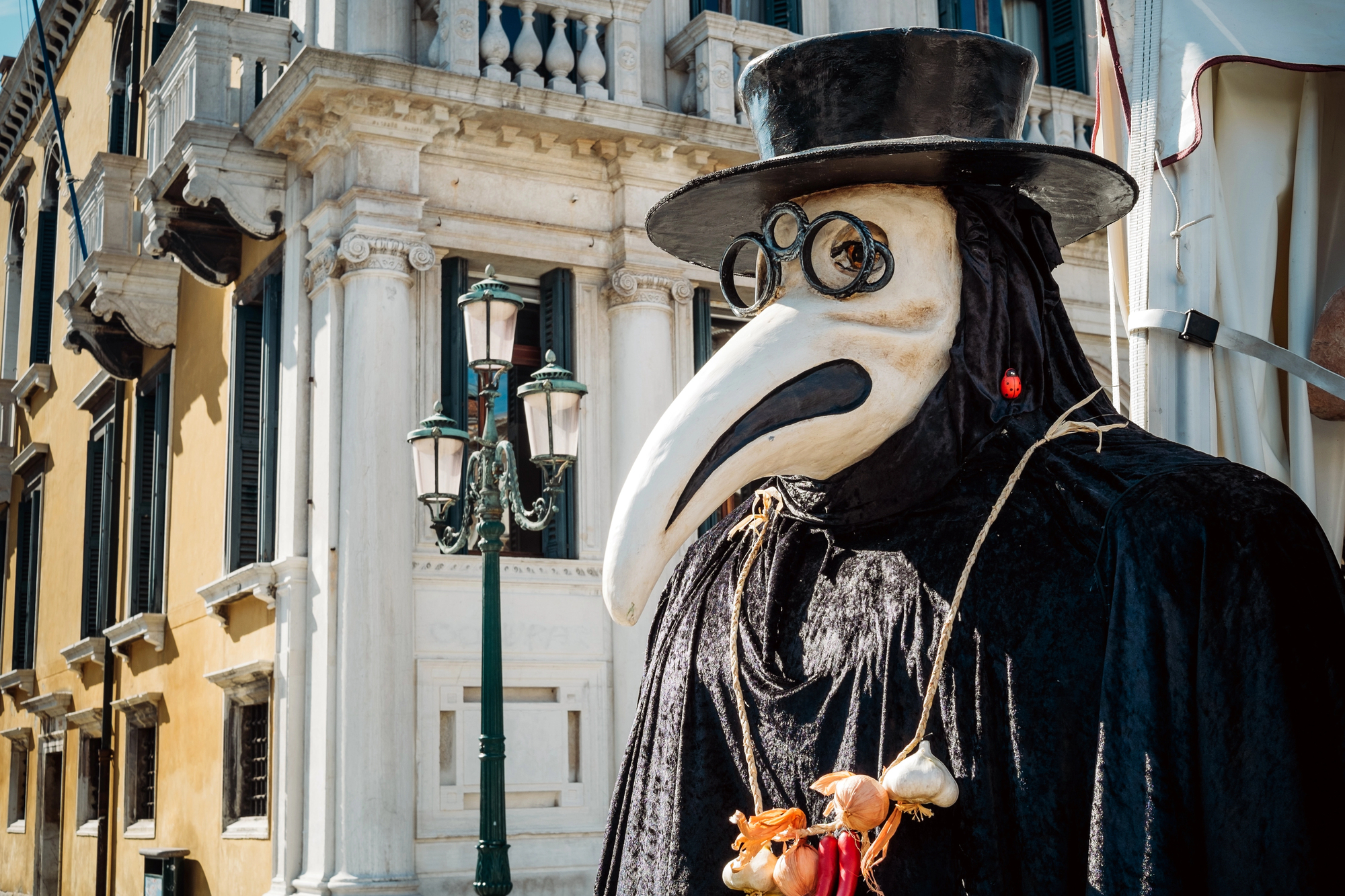
During outbreaks of the bubonic plague, certain physicians—dubbed plague doctors—donned iconic outfits with beak-like masks filled with aromatic herbs. The prevailing theory was that bad smells caused disease, so these herbs supposedly filtered out harmful miasmas.
They offered remedies, administered treatments, and kept official records of deaths and infections. While many plague doctors lacked formal medical training, their efforts shaped early public health policies.
Chimney Sweep
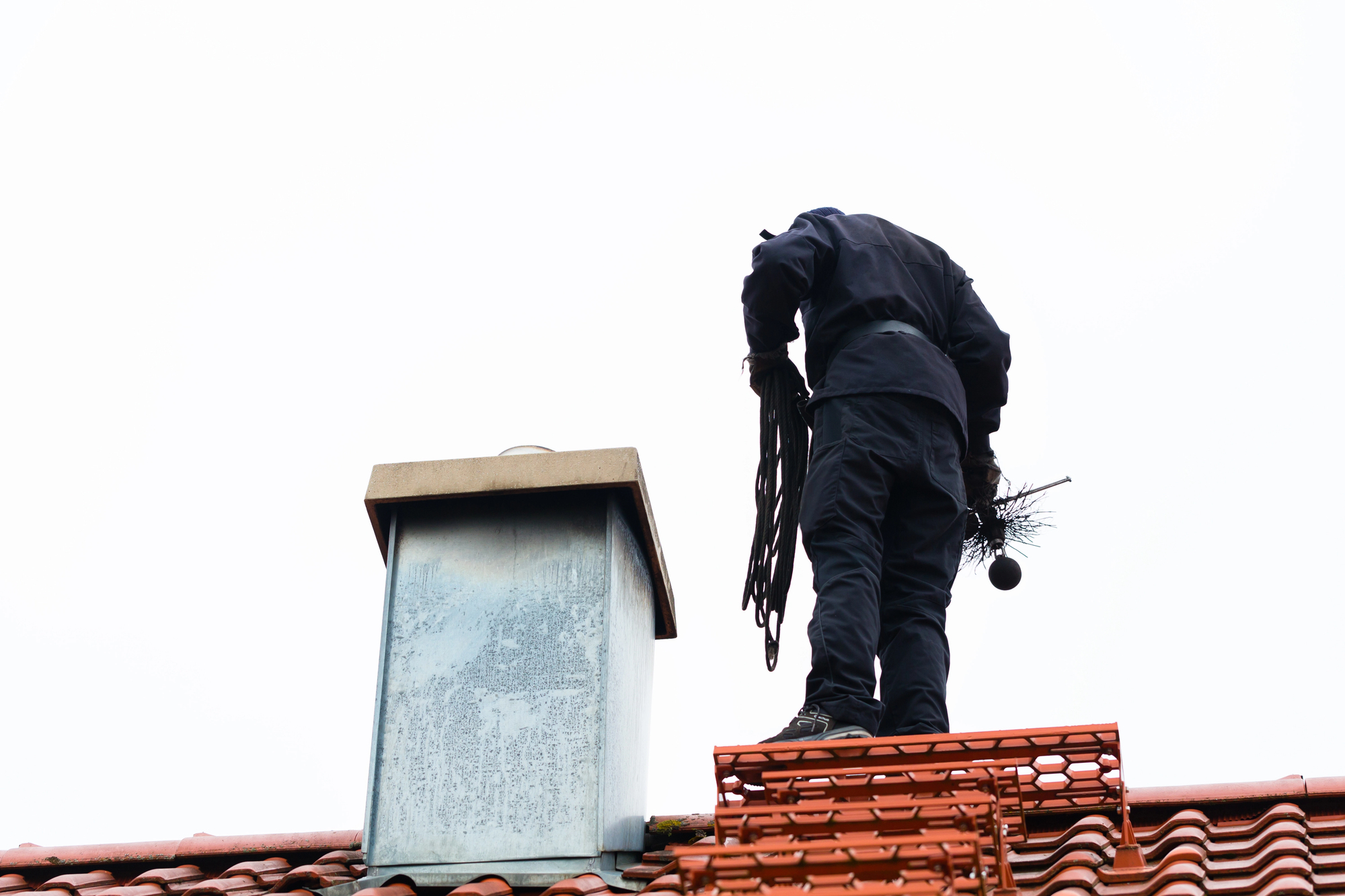
When homes relied heavily on fireplaces, chimneys had to be cleaned to prevent dangerous soot buildup. Chimney sweeps, sometimes young apprentices, would climb inside narrow chimneys armed with brushes and scrapers.
It was dirty and hazardous, with risks like suffocation and serious falls. Modern tools and regulations around child labor eventually made the old way of chimney sweeping obsolete.
Nomenclator
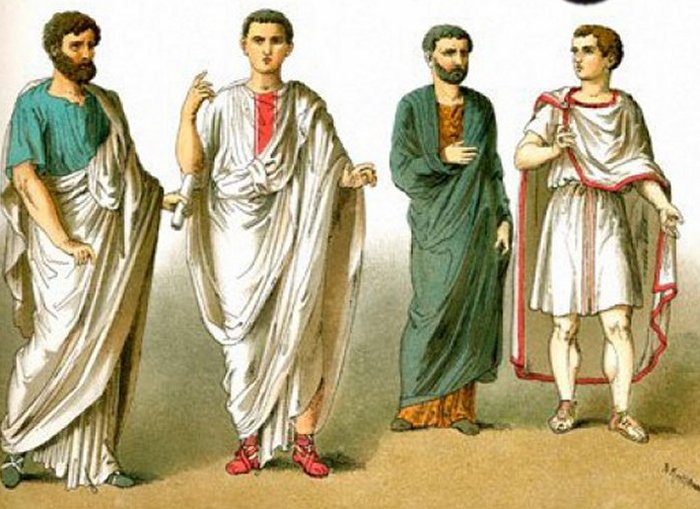
In ancient Rome, a nomenclator was employed by wealthy politicians or public figures to remember and announce the names of people the patron encountered. This skill was particularly prized during campaigns and social events where recognizing individuals mattered.
The nomenclator would discreetly prompt their employer, ensuring smooth introductions and conversations. As societies grew more literate and social customs changed, the job transformed into something more like a personal assistant.
Like Go2Tutors’s content? Follow us on MSN.
A Glimpse into Our Collective Past
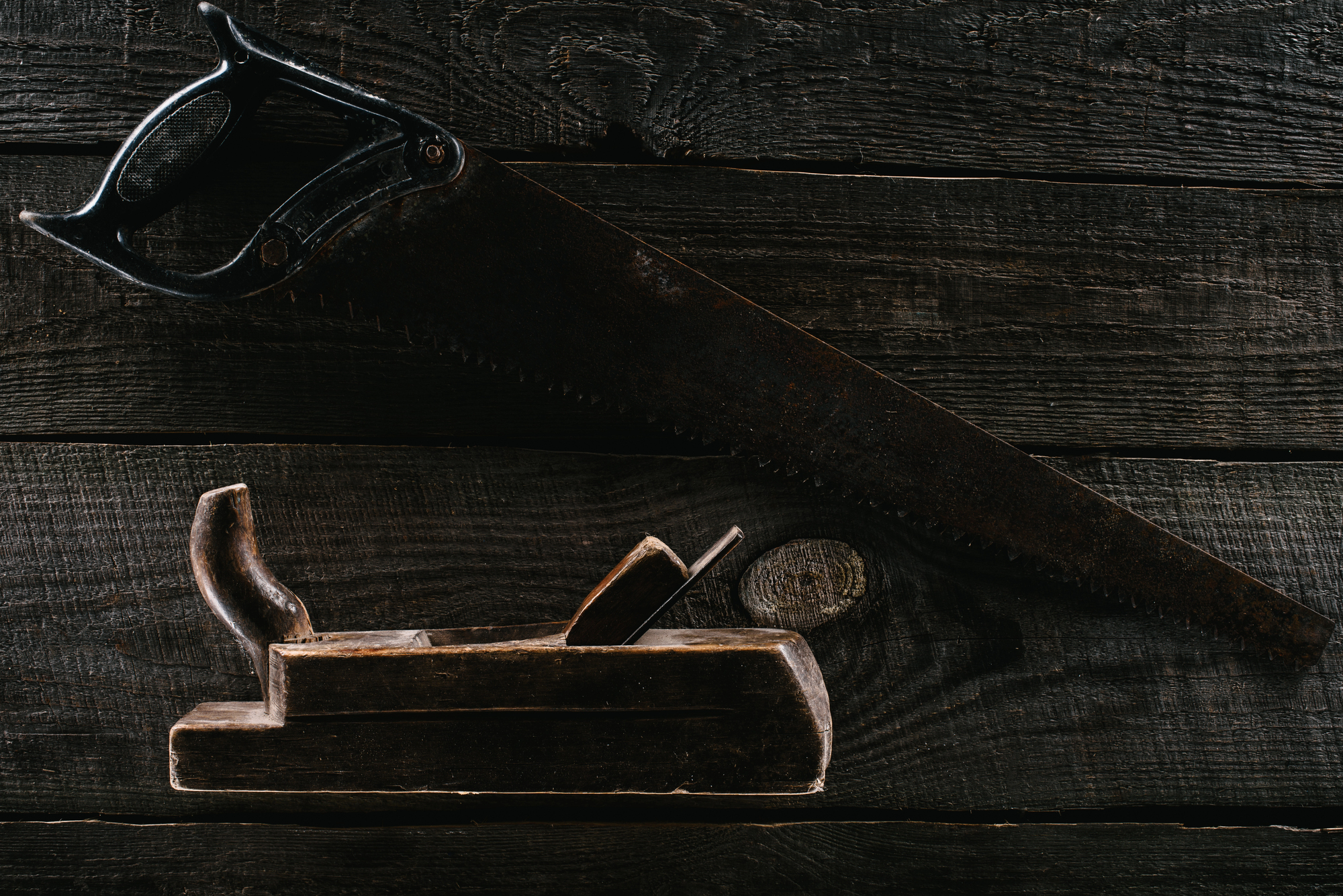
These unusual occupations remind you that human creativity knows no bounds when it comes to meeting society’s demands. Although many of these roles have vanished or merged with modern jobs, they offer a window into the challenges people once faced.
They also highlight how our values, priorities, and technologies evolve, leaving some professions behind as artifacts of another time. Perhaps the next time you grumble about your own work, you’ll remember the gong farmer or the sin eater and realize it could always be stranger.
Yet, no matter how eccentric the job title, it shows our long-standing ability to adapt and survive through the centuries.
More from Go2Tutors!

- Famous Battles: How Much Do You Really Know About U.S. History?
- Top 5 Most Important Skills, According To Harvard Business School
- How Well Do You Know 90s Pop Culture? Take the Quiz
- Master the Art of Public Speaking with These Expert Tips
- Think You Know Capitals? Put Your Knowledge to the Test
Like Go2Tutors’s content? Follow us on MSN.



